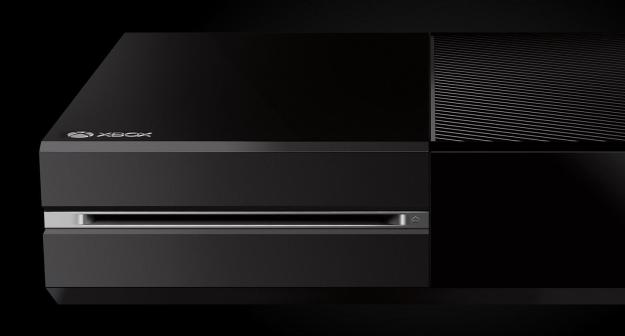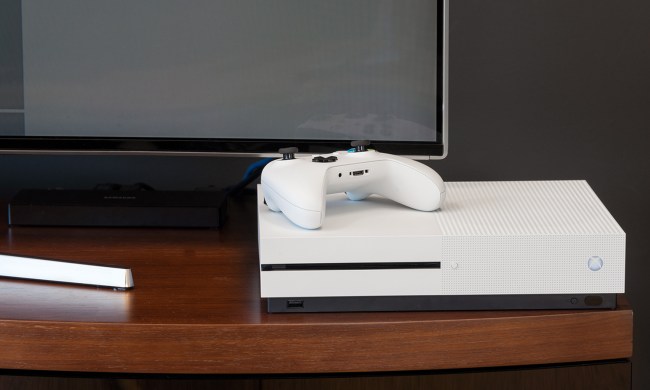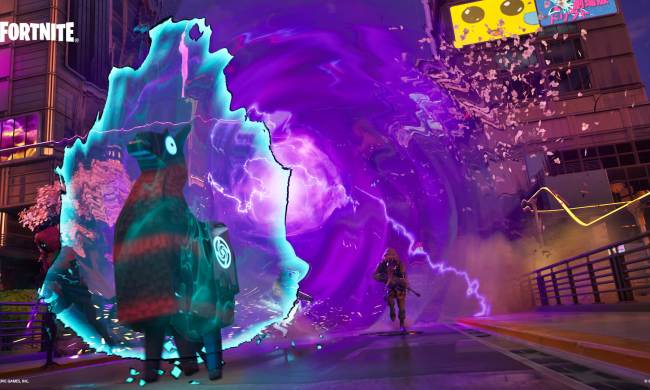
Welcome back to Jetsetter, Digital Trends’ weekly column that spelunks its way down into the vast world of import gaming and international game development. The United States may represent the biggest video game market on the planet by sheer dollars spent, besting even the $8 billion per year online gaming market of China (take that, China!), but it also represents a fairly limited window into the full world of gaming.
This week more than most proved just how specific US gaming really is. Stop me if you’ve heard this one before: Microsoft announced a new Xbox this week. The Xbox One (we’re still working on an abbreviation, but XB1 sounds like dentistry equipment and Xbone sounds like a failed 1992 rap star) is real, and its plan is to conquer the living room. Based on Microsoft’s press conference, however, it’s primary focus is the American living room, at least so far. Cable television integration and the NFL aren’t exactly big sells in Italy, India, or Australia. The US has always been the Xbox’s stronghold, but it was strange to see Microsoft so willfully dismiss the world at large, especially when the whole planet was watching.
Jetsetter does what Microsoft don’t! Let’s see what’s happening around the world.
UK retailers shine a light on just how Xbox One used game sales will work.
Microsoft was, at best, cagey about how used games will work on the new console. Since game discs have to be installed on the console, inexorably linking that game to an Xbox Live profile, reselling those discs seems like a moot point. The disc is worthless, right? Microsoft insisted it isn’t, though it’s been silent on specifically what value a disc will have. According to retailers in the U.K., all used games will have a hefty activation fee built into the price, meaning the cost of used games will rise, while the profits of used game retailers will plummet.
After buying a game you can take it to a store and trade it in, just like you have over the past three decades. Once the game is registered as having been sold as used, it will be deactivated off the hard drive of the original owner. The store then pays a fee and connects to Microsoft’s cloud network to reactivate the disc, with pieces of the fee going to both the game publisher and Microsoft. Then the store resells the game for £35, or about $53. That may be the very same fee you’d pay if a friend handed you the disc and you just tried to install it on Xbox One anyway. The costs may change, though. Microsoft apparently hasn’t decided on reactivation fees for any region, U.K. or otherwise.
So what’s the difference between a used game and a new game in this scenario? Good question.
 Video games, the most dangerous controlled substance in all of Korea.
Video games, the most dangerous controlled substance in all of Korea.
South Korea loves video games. A lot. And not just StarCraft, which has its own TV channel, professional leagues, and even match fixing scandals. Half of the population of the country “play games regularly.” But apparently video games are too popular in Korea now.
Conservative Saenuri political party member Representative Shin Eui-jin introduced a bill this month that would regulate the sale of video games in the same way as controlled substances. That is to say, games would have the same restrictions placed on them as hard drugs, alcohol, cigarettes in order for South Korea to have a “happy and healthy society,” as Rep. Eui-jin puts it. The South Korean National Assembly will vote on the bill soon.
 Capcom brings you the very best limited editions, unless you live in the US.
Capcom brings you the very best limited editions, unless you live in the US.
If you’re a collector who likes to see games all lined up on a shelf, and you happen to be a Capcom fan, it’s time to move out of the U.S. Digital-only is the drum Capcom’s beating in America these days. Take Ace Attorney 5: in America, it’s a 3DS eShop only release called Phoenix Wright: Ace Attorney – Dual Destinies. In Japan, it’s a boxed game called Gyakuten Saiban 5 that comes with stickers, a sweet 3DS carrying case and a freaking statue. We are, as they say, chopped liver.
Ace Attorney 5 isn’t the biggest import treasure coming from Capcom. Dungeons & Dragons: Shadow Over Mystara, otherwise known as “THE GREATEST ARCADE BRAWLER EVER,” is getting its first home release since a terribly rare Sega Saturn edition hit Japan in 1998, but only on PSN, XBLA, Steam and eShop. Not in Japan, though. In Japan, you can actually buy a PS3 disc of the game that also comes with the full soundtrack on CD, the fifteen years out of print Capcom Secret File: Dungeons & Dragons making of book, the also way out of print arcade book guide Capcom released back in 1996, some stickers, an arcade-style instruction card, and drink coasters. Coasters! All for the wholly low price of 12,000 yen. Or about $116. So worth it.




